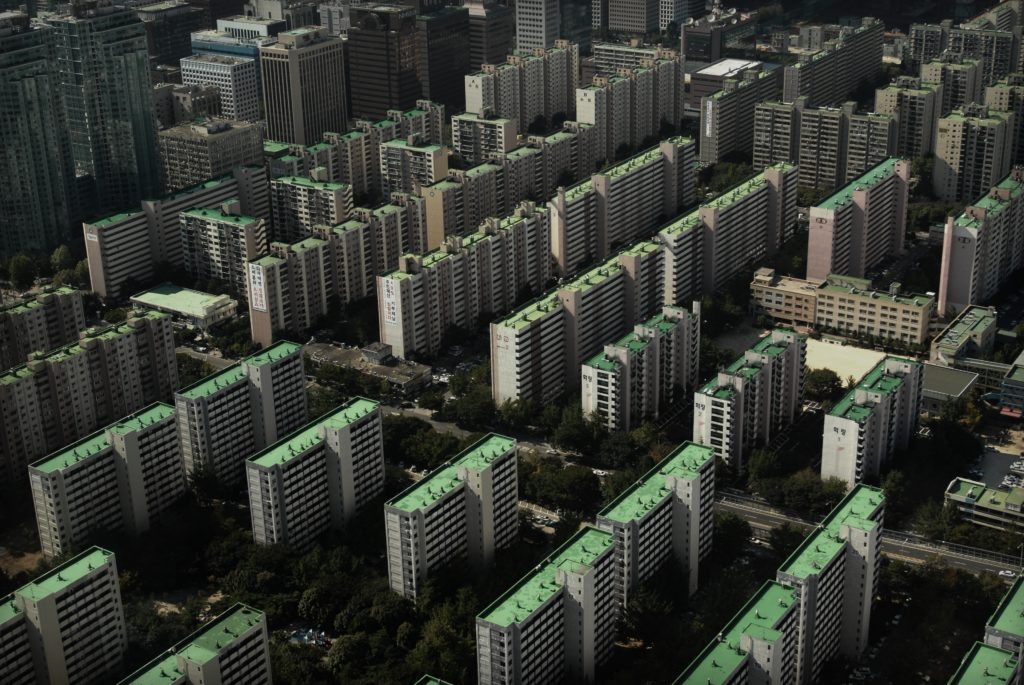The Peninsula
Seoul Housing Prices Speak to Larger Social Problems

What Happened
- On April 19, the South Korean government launched a committee to monitor real estate issues and create new policy suggestions.
- The creation of the committee follows the ruling party’s defeat in the Seoul and Busan mayoral elections, which many partially attribute to the Moon administration’s inability to control property prices.
- Rising real estate prices are contributing to increased household indebtedness in South Korea, which some fear might destabilize the country’s financial markets.
Implications: Although the South Korean government is focused on balancing the real estate market, a policy solution in this space does not resolve deeper socioeconomic disparities that are contributing to the housing shortage. Demand for housing is partly driven by people’s belief that real estate is a safe investment vehicle amid persistent insecurities around their long-term income potential. One particular area which contributes to this anxiety is gender disparity. With one of the largest gaps in lifetime earnings between male and female workers among OECD countries, Korean households face more headwinds when expanding their wealth – particularly as social convention often pushes female workers out of the labor force when they start families. According to the Korean Development Institute (KDI), the gender income disparity has worsened with the pandemic, with women losing 214,000 more jobs than men in the first months of the COVID-19 pandemic. In this environment, reversing the loss of female earning power may address the rampant demand for real estate assets and contribute to stabilizing the domestic financial market.
Context: Real-estate ownership in South Korea is closely linked to economic wellbeing. After the Korean War, many people saw owning property as a way to solidify their middle-class status and secure a comfortable retirement. This led to 75% of the nation’s household assets going into the real estate market by 2020. As South Korea experiences a demographic transition and the average working couple has fewer children to rely on to secure post-retirement security, real estate investment grew in importance. As such, the fact that South Korea has one of the worst elderly poverty rates is also tied to the rising cost of housing in the capital.
This briefing comes from Korea View, a weekly newsletter published by the Korea Economic Institute. Korea View aims to cover developments that reveal trends on the Korean Peninsula but receive little attention in the United States. If you would like to sign up, please find the online form here.
Korea View was edited by Yong Kwon with the help of Melissa Cho and Alexandra Langford. Creative Commons image from Flickr account of mathendrix
